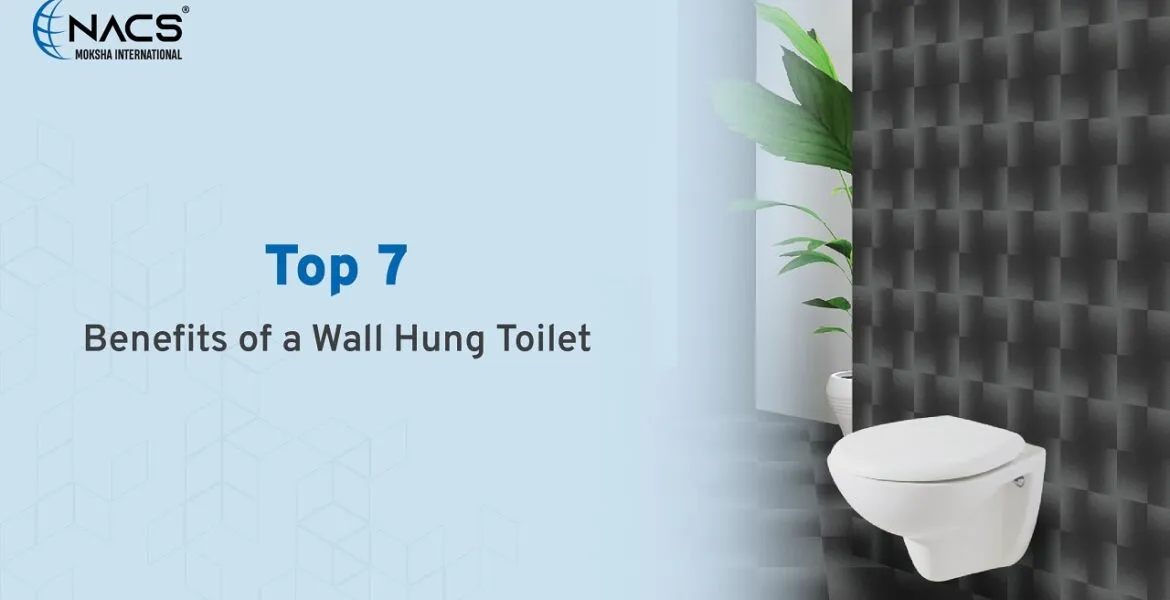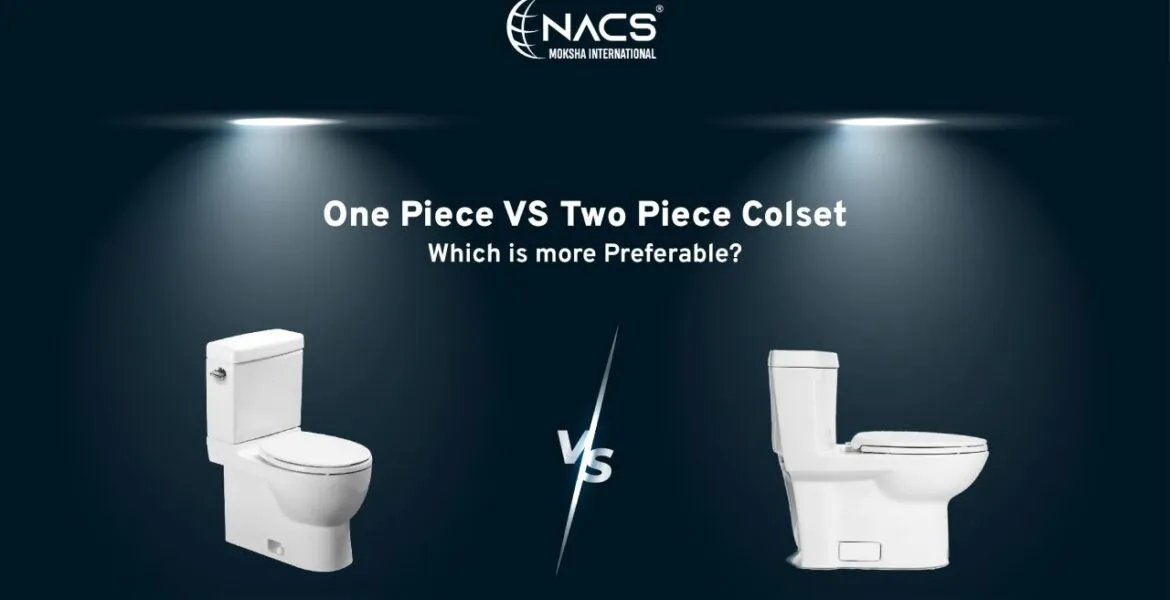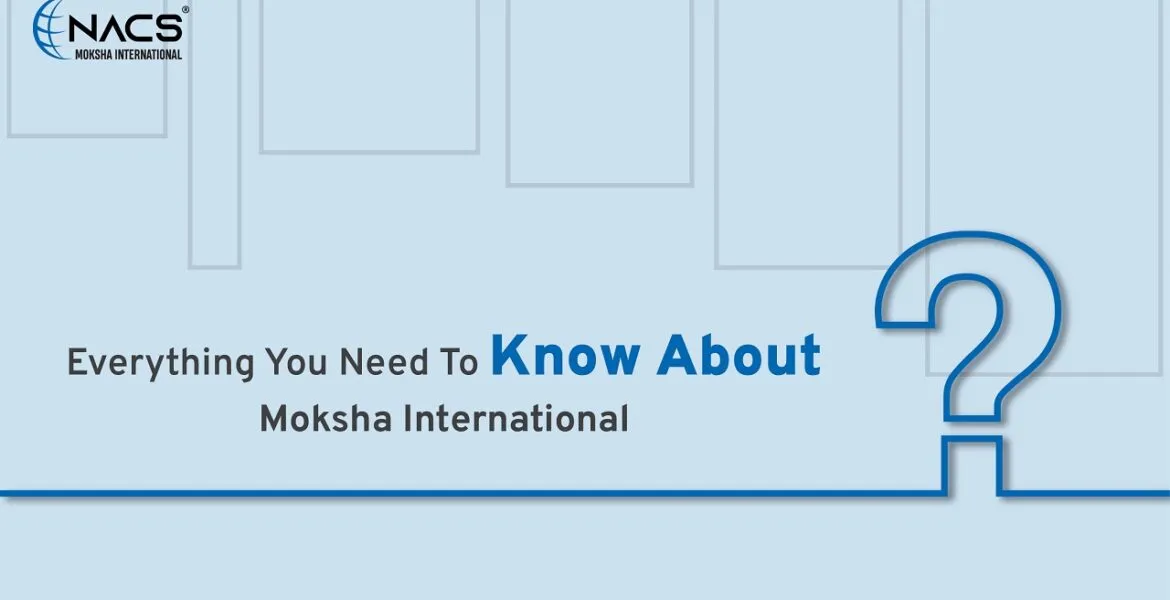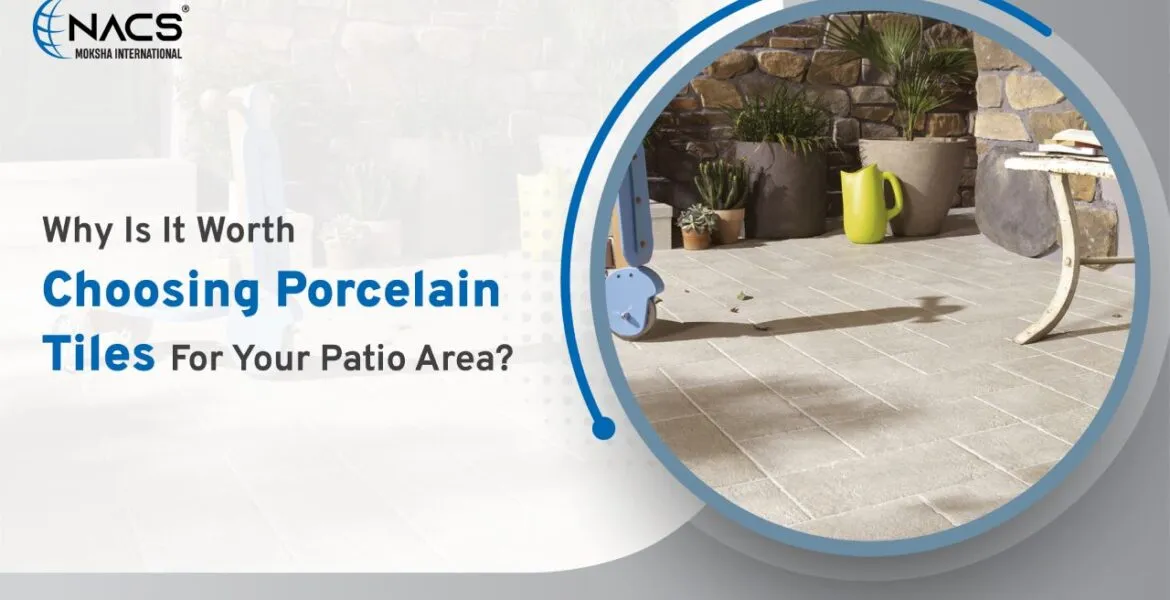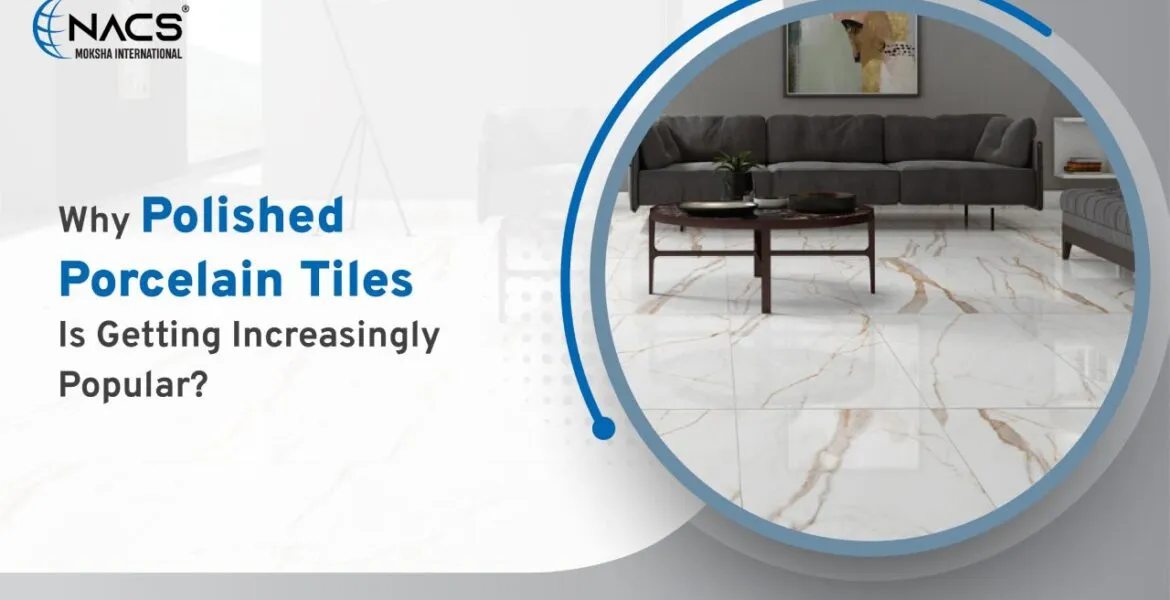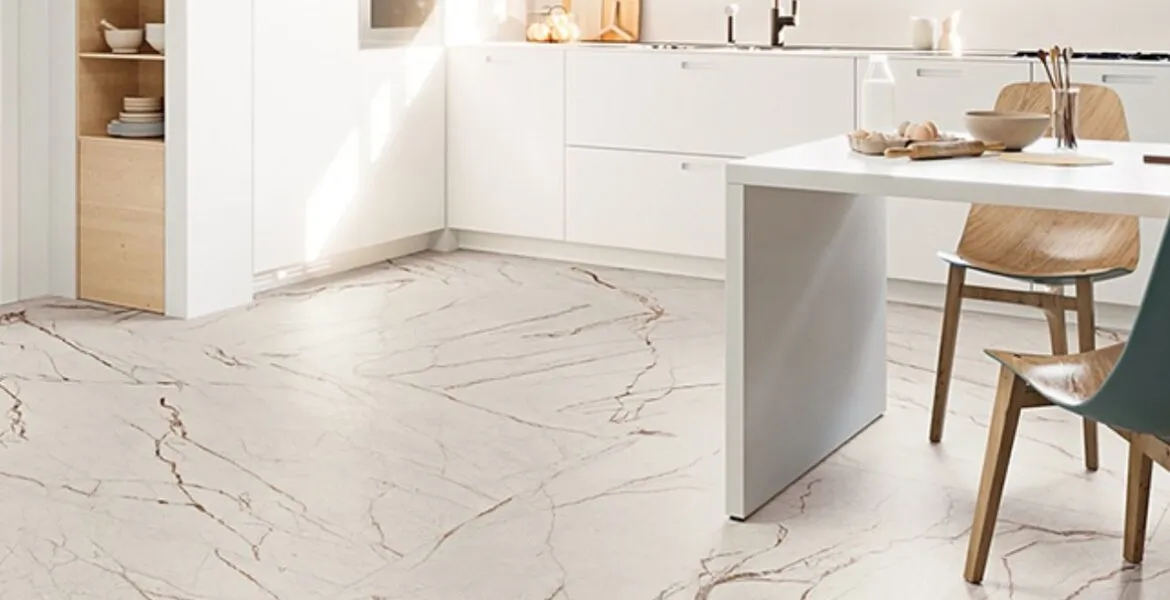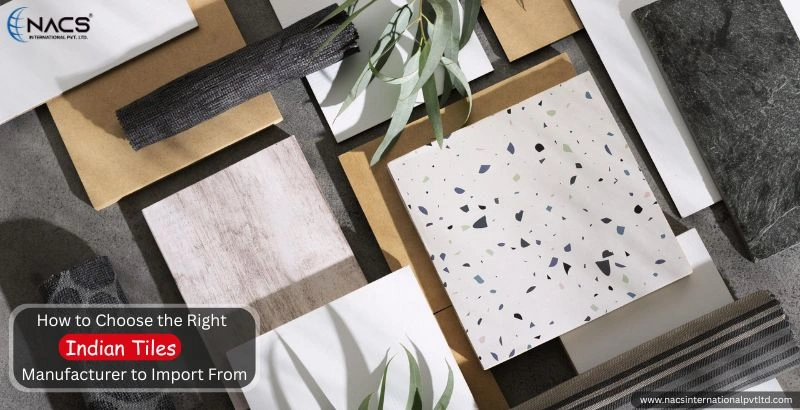
India ranks as one of the world's leading tile manufacturers, and the Morbi region of Gujarat has emerged as the Hub of Tile Manufacturing. With thousands of manufacturers to choose from, importing tiles from India has never been easier or more competitive. But here's the catch: how do you choose the right manufacturer when you're half a world away?
Whether you're importing for retail, commercial interiors, or mass construction, your supplier needs to offer more than just attractive tiles. They must also provide quality, consistency, and reliable support.
This blog will walk you through the key factors to check before finalizing an Indian tiles manufacturer for your next import.
Key Points to Check Before You Finalize Your Tile Supplier
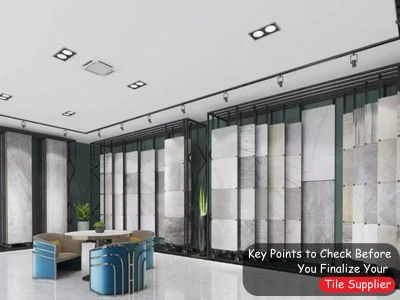
Once you've decided to source tiles from India, the real work begins. It’s not just about good design or favorable pricing. You need a manufacturing partner who can meet international expectations for durability, delivery, and documentation. Here are 10 critical checks to guide your decision:
1. Observe Product Range and Design Variations
Start by examining the manufacturer’s product range. Do they provide wall tiles, floor tiles, kitchen tiles, and exterior tiles? What finishes are available: matte, gloss, textured, wood-grain, or marble-effect? Are they aligned with international design trends?
A reputable manufacturer should offer a diverse and updated catalog, specialty finishes like anti-slip or rustic textures, and multiple sizes or custom options. Request a digital or printed catalogue, and ask for physical samples to assess quality.
2. Check Certifications and Quality Assurance
Tile quality is critical, especially for tiles used in homes, retail stores, and public spaces. Look for ISO certifications, CE marking (for Europe), and third-party lab testing reports. Reliable manufacturers like NACS International implement strict quality control protocols, ensuring every batch is consistent, durable, and defect-free.
3. Know Their Capacity to Manufacture
Ask about the manufacturer's infrastructure and technology. What is their monthly tile production capacity in square meters? Do they use modern equipment such as robotic kilns, digital printing, and polishing lines? Can they scale up production during peak demand? A high-capacity manufacturer ensures timely deliveries without compromising quality.
4. Ask About Export Experience
International shipping involves regulatory compliance. Choose a manufacturer with global export experience. Ask if they’ve shipped to the USA, Canada, Europe, or the Middle East.
Are they familiar with freight regulations, packaging norms, and customs documentation? Can they share case studies or references from past exports? Experienced exporters streamline the process and reduce risk.
5. Look Out for Good Communication
Clear, responsive communication makes the difference between smooth coordination and delayed headaches. Check if the manufacturer replies promptly to emails and messages, provides real-time production and shipment updates, explains Incoterms clearly, and offers easy access to catalogs and certifications. Good communication builds trust and prevents costly misunderstandings.
6. Look for Sustainable and Ethical Practices
More global buyers are prioritizing sustainability. Your supplier should recycle water and minimize waste during production, use solar energy or green technology, follow fair labor practices, and maintain safe working conditions. If your end users care about eco-friendly sourcing, this becomes a strong selling point.
7. Inquire About Logistics and Post-Sales Service
Shipping delays or breakages can impact your timeline and margins. Work with a manufacturer who partners with reputable logistics providers, shares container tracking information, offers support for damaged shipments or short deliveries, and provides a clear estimate of lead times. Efficient post-sales service helps build a long-term relationship.
8. Conduct Background Checks and References
Before committing, do your due diligence. Read online reviews, ratings, and testimonials. Explore their website, LinkedIn, and social channels. Ask for references from past importers. Request a virtual factory tour or schedule a physical visit if possible. This gives you a well-rounded view of the supplier's credibility.
9. Compare Price to Total Value
Don’t just look at the cost per tile. Factor in the entire cost structure. Compare FOB and CIF pricing. Consider container optimization and packaging materials. Account for duties, insurance, and freight charges. A tile that costs slightly more may offer better durability, fewer damages, and smoother logistics, saving you money in the long term.
10. Request Samples and Conduct Tests
Once you receive samples, check for color consistency across multiple pieces. Examine gloss, texture, and thickness. Perform basic scratch and stain tests. Inspect edge finish and flatness. Hands-on testing is especially useful when you can’t physically visit the manufacturing unit.
Establish a Long-Term Tile Import Partnership

Choosing an Indian tile manufacturer isn’t a one-time task. It’s the beginning of a working partnership. Your supplier directly impacts product quality, brand perception, and end-user satisfaction. Don’t settle for the cheapest option.
Choose a manufacturer who offers premium product quality, communicates clearly and reliably, and understands global market requirements. Manufacturers like NACS International combine innovation, production excellence, and export readiness. This ensures that your business doesn’t just receive tiles. It receives value, trust, and peace of mind.
